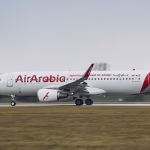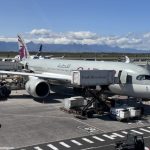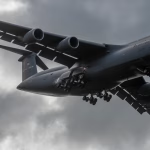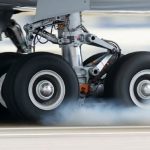On December 12, Korean Air acquired 131,578,947 newly issued shares of Asiana Airlines, translating to a 63.88% ownership stake and officially rendering Asiana Airlines a subsidiary of Korean Air. The transaction was finalized after Korean Air paid KRW 800 billion on December 11, as part of a larger KRW 1.5 trillion investment, which also included a deposit of KRW 300 billion and an interim payment of KRW 400 billion.
A Strategic Plan for Integration
Korean Air has outlined a comprehensive road map to complete the integration with Asiana Airlines within two years. The strategy focuses on network optimization, particularly on overlapping routes, while also expanding services to new international destinations. Safety remains a priority, as additional investments are planned to upgrade operational standards.
The companies are committed to avoiding workforce disruptions. Korean Air confirmed that the integration will proceed without any workforce restructuring. Instead, staff in overlapping functions will be reassigned, with growth driven by business expansion.
Additionally, a proposal for an integrated frequent flyer program will be submitted to Korea Fair Trade Commission by June 2025. Customers will receive detailed updates after regulatory approvals.
Enhancing Korea’s Aviation Competitiveness
This landmark merger aims to strengthen Korea’s national aviation industry and enhance the global competitiveness of Incheon Airport as a key hub for international travelers. By expanding its global network reach, the combined airline is poised to better serve existing customers while also attracting new ones worldwide.
Asiana Airlines is scheduled to hold an extraordinary general meeting on January 16, where new board directors nominated by Korean Air will be appointed. This move further solidifies the integration process, ensuring alignment of strategic goals across the organization.





